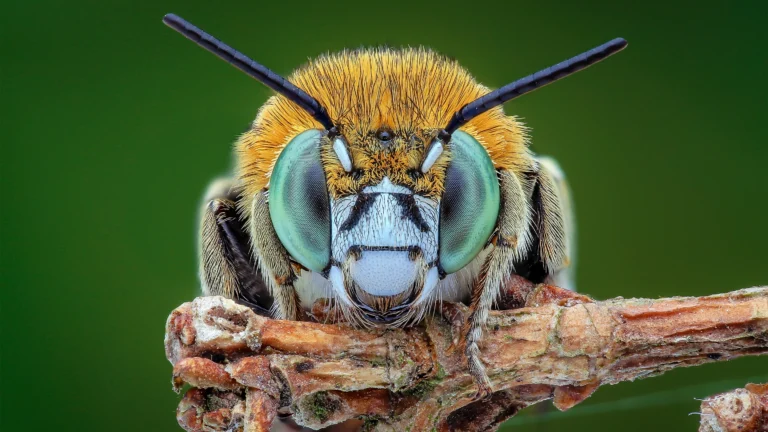In recent years, a series of intriguing discoveries have shaken up long-held assumptions about the inner lives of animals.
In recent years, a series of intriguing discoveries have shaken up long-held assumptions about the inner lives of animals. Bees engaging in what seems to be playful behavior, cleaner wrasse fish recognizing themselves in mirrors, and octopuses displaying aversion to places associated with past pain — these findings suggest a breadth of consciousness across various species previously overlooked.
Against this backdrop, nearly 40 leading researchers in animal cognition have joined forces to release “The New York Declaration on Animal Consciousness,” unveiled at a conference hosted by New York University. This declaration marks a significant shift in perspective, acknowledging the mounting evidence for conscious experiences in a wide array of creatures and urging a reevaluation of how we interact with and care for them.
The declaration asserts that birds and mammals undoubtedly possess conscious experience, with a strong likelihood extending to all vertebrates, including fish, reptiles, and amphibians. Furthermore, it suggests that many invertebrates, such as insects, decapod crustaceans, and cephalopod mollusks, also harbor the potential for consciousness.
Professor Jonathan Birch from the London School of Economics, a signatory to the declaration, highlights the transformative nature of this shift in scientific discourse. He notes a growing willingness within the scientific community to explore the possibility of conscious experience in a diverse range of animals, including those traditionally dismissed as lacking such capacity.
The historical backdrop against which this declaration emerges reveals a departure from past scientific orthodoxy. Descartes’ notion of animals as mere “material automata,” devoid of consciousness or subjective experiences, dominated early modern thought. Even into the 20th century, behavioral psychologists advocated for a strictly behaviorist approach to studying animals, sidelining inquiries into their emotional lives.
However, starting in the 1960s, a gradual reevaluation began, leading to a surge of research into animal cognition. Recent advancements in testing methodologies have facilitated this exploration, yielding surprising results. For instance, experiments with the mirror-mark test have demonstrated unexpected levels of self-awareness in cleaner wrasse fish, challenging conventional assumptions about their cognitive abilities.
Similarly, studies on zebrafish and cuttlefish have unveiled manifestations of curiosity and memory, respectively, further expanding the scope of animal consciousness research. Such findings underscore the need for a broader perspective that encompasses a diverse range of species.
The implications of this evolving understanding extend beyond the realm of academia, potentially reshaping legal frameworks concerning animal welfare. While U.S. federal law currently lacks recognition of animals as sentient beings, several states have taken proactive steps in this direction.
Oregon’s acknowledgment of animals’ capacity for pain and suffering has paved the way for progressive legislation, while states like Washington and California consider bans on octopus farming in light of emerging evidence of their sentience.
Internationally, British law recently extended sentient status to octopuses, crabs, and lobsters, prompting discussions about the ethical treatment of these animals, particularly in contexts such as commercial fishing and culinary practices.
As society grapples with the implications of these findings, questions surrounding the humane treatment of animals come to the forefront. Practices like boiling lobsters alive, once considered routine, now face heightened scrutiny in light of growing awareness about animal consciousness.
In essence, the declaration marks a significant milestone in our understanding of the rich inner lives of animals, challenging entrenched beliefs and sparking conversations about how we relate to and care for the diverse creatures that share our planet.
